According to Gerb Gigerenzer, a director at the Max Planck Institude for Human Development, intuition is not just about immediately knowing the correct answer but rather about instinctively recognizing which information is irrelevant and can be therefore be disregarded.
Intuition at work?
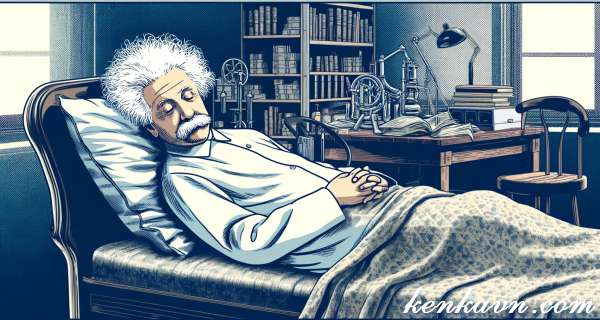
Gigernenzer, the writer of Gut Feelings: The Intelligence of the Unconscious, explains that he operates based on intuition and reason. He mentions that in his professional endeavors, he often relies on hunches, acknowledging that he can't always rationalize why he feels a certain approach is correct but trusts and investigates these hunches as part of the scientific process.
"Now, in private life, I rely on instinct. For instance, when I first met my wife, I didn't do computations. Nor did she."
Relying on hunches means making decisions or judgments based on intuition rather than on concrete evidence or logical reasoning.
Q.) Do you think that someone who has great intuition in things has more intelligence?
My "gut instinct" is to say yes, especially when considering individuals who are aready inquisitive, diligent in seeking knowledge, and open to questioning their own beliefs.
"Individuals who are already inquisitive" are people who have a natural inclination to be curious, eager to learn, and inclined to ask questions in order to gain knowledge and understanding about various subjects or topics.
You might say that I'm a believer in the power of disciplined intuition. Do thorough research, engage your intellect, present logical reasoning, and I will have faith in and value your intuitive abilities. However, if you expect me to reply solely on your intuition without putting in the effort, I will swiftly depart without a farewell.
Speaking from my own experience, the more research I do, the more effectively my intuition operates.
Many claim that Albert Einstein said, "The intuitive mind is a sacred gift and the rational mind is a faithful servant. We have created a society that honors the servant and has forgotten the gift."
Please pause for a moment before you rush past that last sentence. Our society systematically minimizes the value of intuition. Try getting a budget approved in a large company based solely on the intuition of an employee. It won't happen. But entrepreneurs leading startups sometimes bet it all on intuition... which is why innovation thrives in many startups but at very few mature companies.
On occasions, a corporate mandate or your desire to produce a certain outcome can cause your rational mind to go in the wrong direction.
"A corporate mandate" referes to an official order or directive issued by a company, outlining specific actions or policites to be followed by its employees.
At times like these, it is intuition that holds the power to save you.
That "bad feeling" is your intuition telling you that no matter how badly you might wish to talk yourself into this direction, it is the wrong way to go.
Smart people pay attention to those feelings. And the smartest people among us--the ones who make great intellectual leaps forward--cannot do this without harnessing the power of intuition.
"harnessing the power of intuition." refers to the process of actively utilizing and leveraging one's intuitive insights, gut feelings, or instincts to make decisions, solve problems, or gain understanding in various situations.
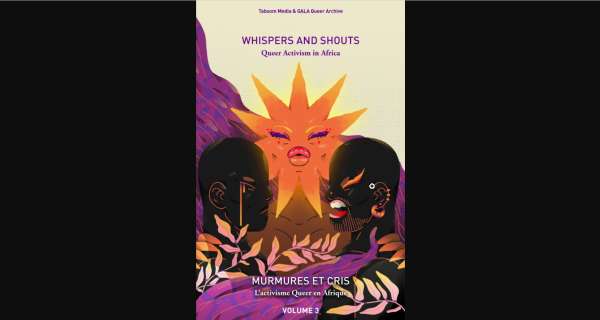





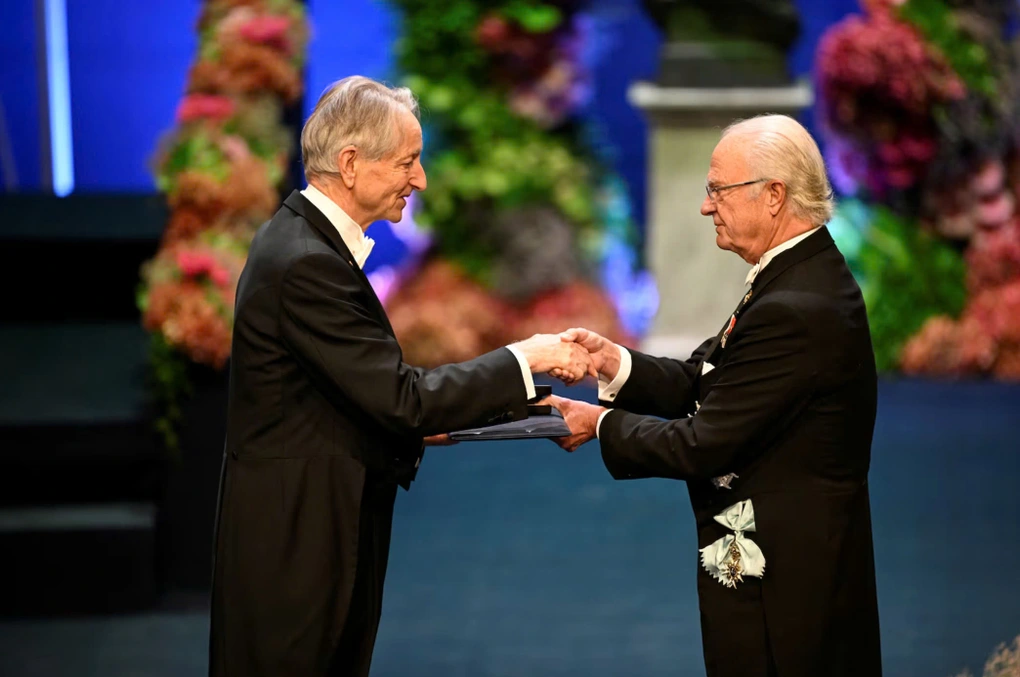

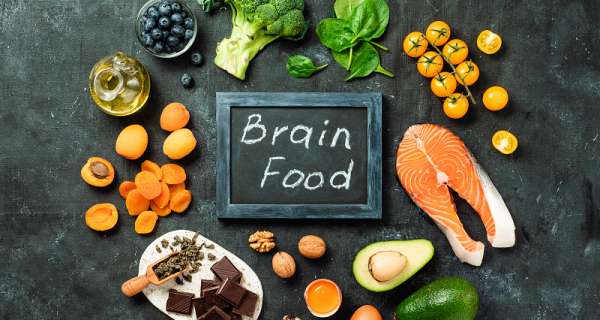

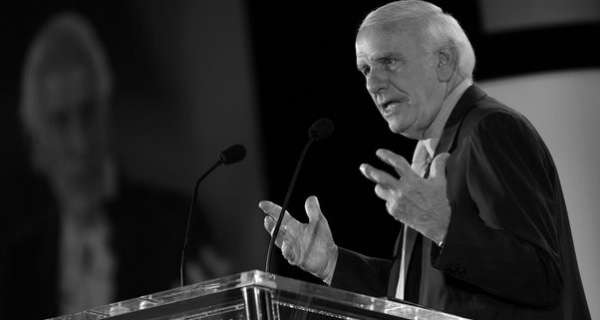
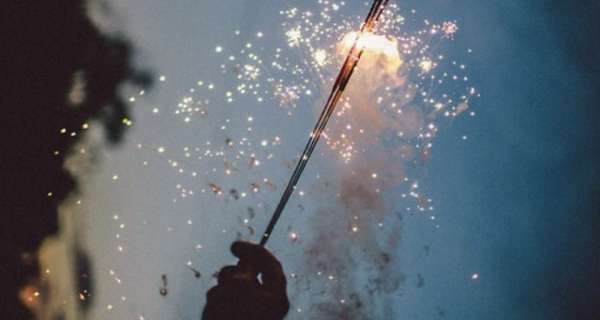


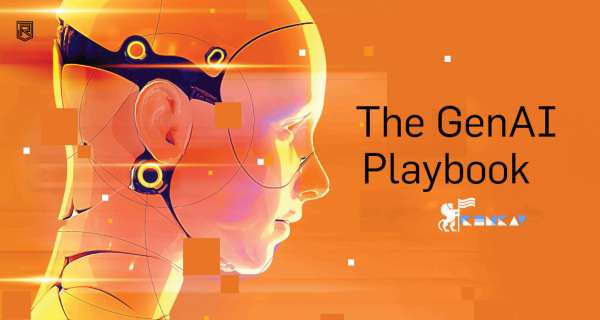



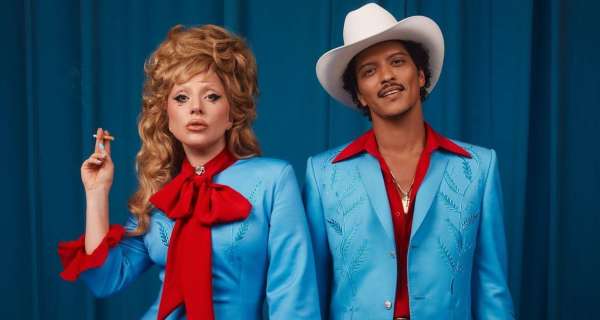
0 Comments